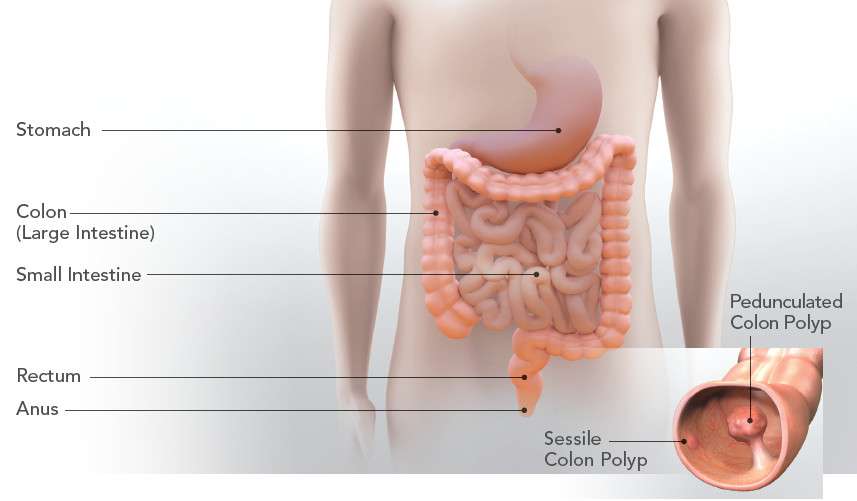In the quiet corridors of our bodies, a silent threat often lurks unnoticed, stealthily weaving its web of danger. Colorectal cancer, an insidious disease, claims the lives of thousands each year, yet its symptoms can masquerade as benign discomfort. Today, we embark on a journey to unravel the enigma of colorectal cancer, exploring not only its harrowing impact but also shedding light on the importance of early detection.

The Stealthy Onset
Colorectal cancer, often undetected until advanced stages, emerges in the colon or rectum, the final segments of the digestive system.
Picture this: a seemingly routine day for John, a middle-aged man engrossed in the hustle of daily life. Unbeknownst to him, malignant cells are quietly multiplying in his colon, forming the foundation of a potentially life-threatening illness.
Understanding the Numbers:

The statistics surrounding colorectal cancer are both alarming and eye-opening. According to the World Health Organization (WHO), colorectal cancer ranks as the third most common cancer globally, with over 1.8 million new cases diagnosed in 2023 alone. The mortality rate paints an even grimmer picture, claiming the lives of over 900,000 individuals annually.
Source: World Health Organization
Risk Factors and Early Signs:
As we delve deeper into the intricacies of colorectal cancer, it is crucial to recognize the risk factors that may pave the way for its stealthy onset. Age, family history, and certain genetic conditions increase susceptibility. Lifestyle choices, such as a diet high in red or processed meats, smoking, and excessive alcohol consumption, also play pivotal roles.

The early signs, though subtle, should not be dismissed. Persistent changes in bowel habits, unexplained weight loss, and blood in stool warrant immediate attention. Ignoring these signals could inadvertently grant the cancer an opportunity to advance, making early detection pivotal for a favorable prognosis.
Also Read Chronic Obstructive Pulmonary Disease
Screening: A Shield Against the Stealthy Menace
Screening for colorectal cancer stands as a formidable shield against its silent advances. The American Cancer Society recommends regular screenings, starting at the age of 45, for individuals with average risk. For those with heightened susceptibility due to familial history or other risk factors, earlier and more frequent screenings are advised.
The impact of screening programs is profound. Studies show that early detection through screenings significantly improves the chances of successful treatment, underlining the importance of proactive health measures in the face of this formidable adversary.

Source: American Cancer Society
Conclusion
In the complex tapestry of human health, colorectal cancer weaves a chilling narrative of silent intrusion. Through awareness, understanding, and timely screenings, we can unmask this stealthy menace, turning the tide against a disease that often thrives in the shadows. Let us stand united in the fight against colorectal cancer, advocating for early detection and embracing a future where this silent threat is no longer allowed to claim lives unnoticed.
